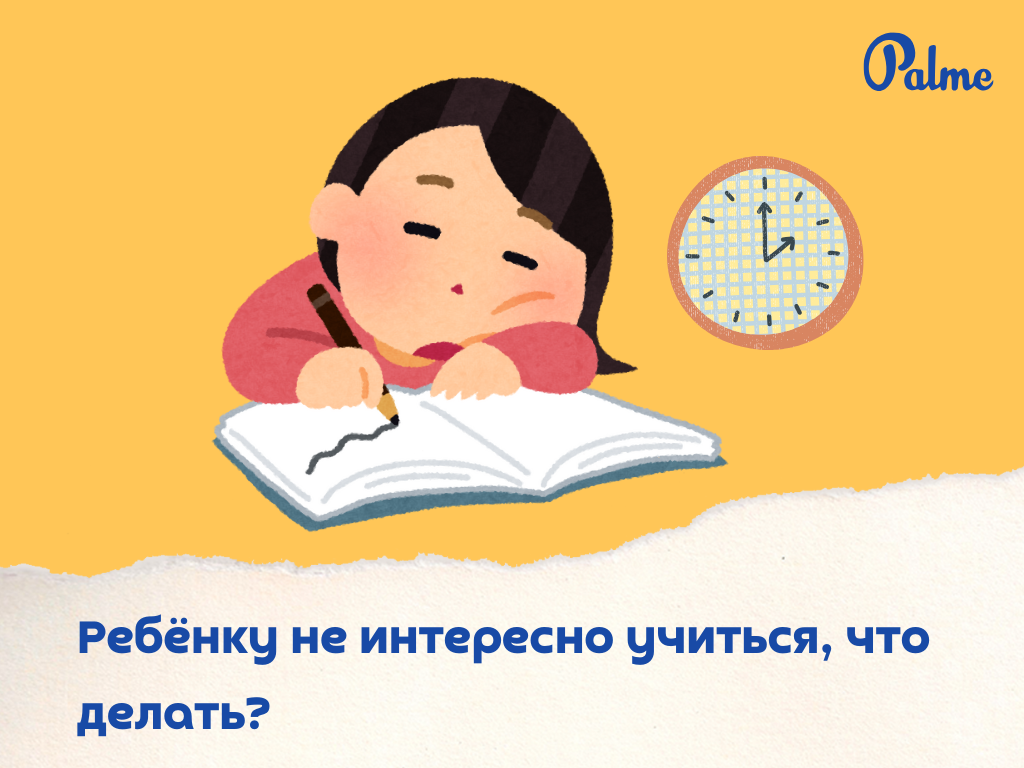Hi! This is Palme School. Parents of our students often ask us questions and seek advice on their children's studies. The Palme School team consists of experienced teachers, methodologists and tutors, so we are only too happy to share our expertise.
Content:
- My kid wants to test play games. What should I do?
- My kid wants to be a gamer. Is it dangerous?
- My child just doesn't want to learn. Reasons.
Let's break the question into two parts.
1. My child wants to test games.
Game testers are a sought-after and paid profession. You can find several hundred jobs on Indeed.com with salaries ranging from $3000 to $15-20K. And if you look closely at the trends in technology, when your child is looking for a job, this profession will still be relevant, although it will undergo changes to the requirements. For that matter, so will any profession.
Here are the sample knowledge requirements of a game tester. We have taken this list from the job description from an employment site.
- Experience in testing mobile games as well as web applications from 2 years;
- Experience with Fiddler/Charles, DevTools;
- Knowledge of API principles and experience in API testing;
- Experience in advertising testing;
- Experience testing analytics and various analytics networks (Facebook, AppsFlyer, Firebase);
- Experience with XCode and Android Studio (desirable);
- Experience with Git;
- Experience working with XML and JSON files;
- Experience with automatic crash monitoring systems (Crashlytics, Sentry, Appcenter)
- Experience working with databases at the level of simple queries;
- Good understanding of client-server applications;
- Knowledge and understanding of software testing processes;
- Competent written and oral speech;
- Confident personal gaming experience.
It is important for such a student to study the following subjects:
- Math.
- Russian language.
- Foreign languages.
- Informatics.
- Social Studies.
- Geography.
- Biology.
The last three subjects will move into sociology and psychology, as we need to study user behavior in different parts of the world.
And only after the knowledge of all these items is the item "personal gaming experience".
"Testing games" does not equal "playing games." It is important to communicate this detail of preparation to the child.
If being a game tester is your child's dream or even goal, motivation issues will fall by the wayside.
But we do not forget about soft-skills. We talked about the most relevant ones and how to develop them here: Top 8 habits that will help your child's future. How to implement them.
My kid just wants to play games when he grows up.
In the conversation you find out that being a game tester is no longer the kid's desire, he just wanted to be close to the game process all his free time, and ideally become a professional gamer.
Even here, there are nuances. Playing a lot of games is not enough. In this article. The author cited several studies on professional gamers.
Skills that distinguish a successful professional gamer:
- Strategic Thinking.
- Analyzing a large amount of information.
- High concentration.
- Quick attention span.
- High response rate.
- Short-term memory.
Each of these skills takes years to develop.
When you're a kid, you should start with lessons:
- Mathematicians.
- Russian literature.
- Physicists.
- Informatics.
- PE.
- Chess.
2. My child just doesn't want to learn.
There are several reasons for doing poorly in school.
- The child doesn't understand why they need to learn the subject. It is the job of the teacher and parents to convey how important a particular topic is and why.
We talked about how to explain the importance of a subject using math as an example here.
- High stress and fatigue. If you notice that your child's academic performance jumps periodically, then pay attention to the load of school assignments, hobbies, sections, etc.
- The child's learning style is not appropriate. It is difficult for him to digest information from a monotonous lecture, and will become clearer in the form of a table. Or your child understands a visual series faster, and it is harder for him to concentrate on hearing. Add missing elements. For example, books on chemistry in comics.
- Conflict with classmates or teachers. You can find out what the reason is for not wanting to learn by talking to your child. Even if the reason seems strange or unimportant to you, try to think of a solution together.
It is important to remember that getting good grades in school is not the end goal. You are trying to help your child to make their future more successful, clearer and better prepared.







